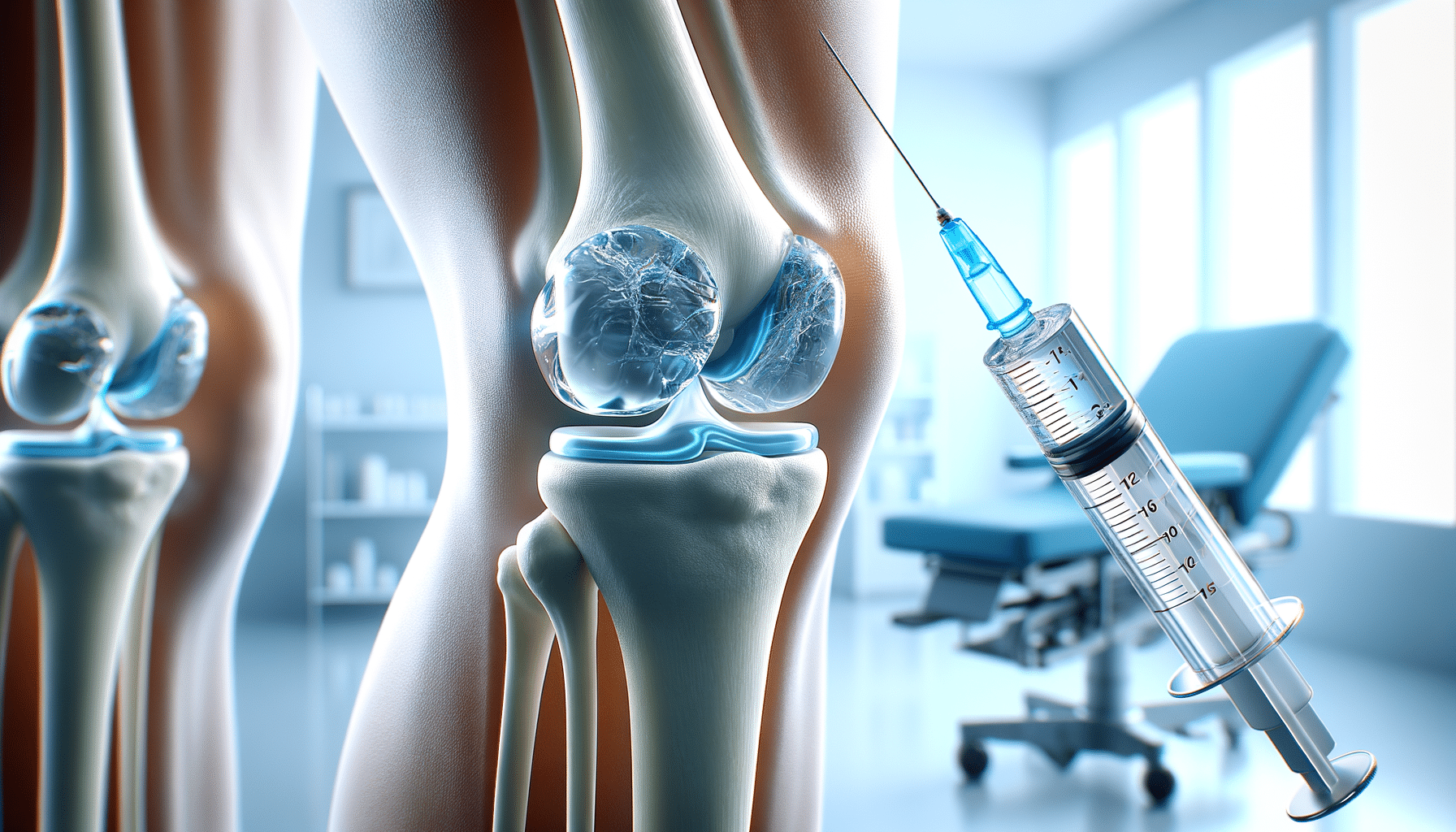
Gel Injections for the Knees in India: What You Need to Know
Understanding Knee Gel Injections
Knee gel injections, also known as viscosupplementation, are a treatment option for individuals experiencing knee pain due to osteoarthritis. This condition is characterized by the degeneration of cartilage, leading to pain and reduced mobility. Gel injections aim to supplement the natural synovial fluid in the knee, which acts as a lubricant and shock absorber.
These injections contain hyaluronic acid, a substance naturally found in joint fluid. By injecting additional hyaluronic acid into the knee, the treatment seeks to improve the joint’s cushioning and lubrication, potentially reducing pain and enhancing mobility. This method is particularly appealing to those seeking nonsurgical alternatives to manage their knee discomfort.
- Non-invasive: Unlike surgical options, gel injections do not require incisions or anesthesia, making them a less daunting choice for many patients.
- Quick procedure: The process is relatively quick, often taking only a few minutes per session, with minimal downtime.
- Potential for delayed surgery: For some patients, gel injections may postpone the need for more invasive procedures like knee replacement.
However, it’s important to note that the effectiveness of knee gel injections can vary. Some patients may experience significant relief, while others might see minimal improvement. Consulting with a healthcare professional can help determine if this treatment aligns with individual health needs and goals.
How Gel Injections Work
The mechanism behind knee gel injections is relatively straightforward. Hyaluronic acid, the primary component of these injections, is a naturally occurring substance in the body’s joint fluid. Its role is to provide lubrication and cushioning within the joint, facilitating smooth movement and reducing friction.
In osteoarthritic knees, the natural hyaluronic acid may be depleted, leading to increased joint friction and pain. By injecting additional hyaluronic acid directly into the knee joint, the treatment aims to replenish the lost fluid, enhancing the joint’s ability to absorb shock and reduce discomfort.
The process typically involves a series of injections administered over several weeks. Patients may begin to notice improvements in pain and mobility after the initial sessions, although the full benefits might take a few weeks to manifest. The effects of gel injections can last several months, providing a period of relief for those struggling with chronic knee pain.
- Improved joint function: By enhancing lubrication, gel injections can help improve the overall function of the knee joint.
- Pain relief: Many patients report a decrease in pain levels, allowing them to engage in daily activities more comfortably.
- Enhanced mobility: With reduced pain and improved joint function, patients often experience better mobility, making it easier to perform physical tasks.
While gel injections offer promising benefits, they are not a cure for osteoarthritis. Instead, they serve as a management tool, potentially delaying the progression of symptoms and improving quality of life.
Considering Gel Injections: Are They Right for You?
Deciding whether knee gel injections are suitable involves considering several factors, including the severity of the condition, overall health, and personal preferences. While these injections can offer relief, they may not be appropriate for everyone.
Individuals with mild to moderate osteoarthritis often find gel injections beneficial, as they can help manage symptoms without resorting to surgery. However, those with advanced osteoarthritis or significant joint damage might require more invasive treatments for effective relief.
It’s essential to consult with a healthcare professional to assess the potential benefits and risks of gel injections. They can provide personalized advice based on medical history, current symptoms, and treatment goals. Additionally, discussing alternative treatments, such as physical therapy, medication, and lifestyle changes, can offer a comprehensive approach to managing knee pain.
- Personalized treatment: Each individual’s response to gel injections can vary, making personalized consultations crucial.
- Alternative options: Exploring other treatment methods alongside gel injections can enhance overall pain management.
- Realistic expectations: Understanding the potential outcomes and limitations of gel injections can help set realistic expectations for treatment.
Ultimately, knee gel injections represent a viable option for many individuals seeking relief from knee pain. By supplementing natural joint fluid, they offer a non-invasive method to improve mobility and comfort, making them a valuable consideration in the broader context of osteoarthritis management.


